Debian GNU/Hurd 2015 released
Before Linus Torvalds came up with the Linux kernel over 2 decades ago, the was GNU, dubbed the Universal Operating System.
Since 1990 the GNU Project has been working on the GNU Hurd (usually referred to as the Hurd), the multiserver microkernel written as part of GNU. The Hurd consists of a set of protocols and server processes (also called daemons) running on the GNU Mach microkernel. The Hurd aims to surpass the Unix kernel in functionality, security, and stability, while remaining largely compatible with it.
And yesterday the release of Debian GNU/Hurd 2015 was announced.
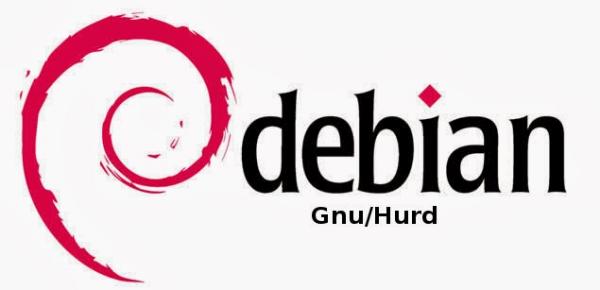
The release announcement reads as follows:
It is with huge pleasure that the Debian GNU/Hurd team announces the release of Debian GNU/Hurd 2015.
This is a snapshot of Debian “sid” at the time of the stable Debian “jessie” release (April 2015), so it is mostly based on the same sources. It is not an official Debian release, but it is an official
Debian GNU/Hurd port release.The installation ISO images can be downloaded from Debian Ports in the usual three Debian flavors: NETINST, CD, or DVD. Besides the friendly Debian installer, a pre-installed disk image is also available there, making it even easier to try Debian GNU/Hurd. The easiest way to run it is inside a VM such as qemu.
Debian GNU/Hurd is currently available for the i386 architecture with more than 80% of the Debian archive, and more to come!
Since the last snapshot release coinciding with “wheezy”, the init system has been switched to sysvinit for a more Debian-like experience. Further changes since the last snapshot include:
* The core GNU Hurd and GNU Mach packages were updated to versions 0.6 and 1.5, respectively. Besides numerous other improvements, they bring vastly improved stability under load and prolonged uptime.
* The networking drivers were migrated to user-space drivers using the NetDDE framework and a Linux-2.6.32 codebase.
Notable new or upgraded packages which required considerable porting effort and/or are known to work well on Debian GNU/Hurd include Iceweasel 31 ESR, XFCE4 4.10, X.org 7.7 and Emacs 24.4.
Please make sure to read the configuration information, the FAQ (or its latest version), and the translator primer to get a grasp of the great features of GNU/Hurd.
We would like to thank all the people who have worked on GNU/Hurd in the past. There were not many people at any given time (and still not many people today, please join!), but in the end a lot of people have contributed one way or the other. Thanks everybody!

 As is usual with elections, the record of the previous administration, the Conservative/Liberal Democrat coalition, the UK’s first peacetime coalition since that of January 1919 to October 1922, is coming under intense scrutiny from all quarters.
As is usual with elections, the record of the previous administration, the Conservative/Liberal Democrat coalition, the UK’s first peacetime coalition since that of January 1919 to October 1922, is coming under intense scrutiny from all quarters. One only has to read the headline – Ignore Tory propaganda, the high street tells you where our economy’s really at – to ascertain that Mr Grimsey is no fan of the coalition.
One only has to read the headline – Ignore Tory propaganda, the high street tells you where our economy’s really at – to ascertain that Mr Grimsey is no fan of the coalition.
 With
With  On Friday 24th April 2015, the
On Friday 24th April 2015, the 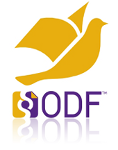 Joinup, the EU’s public sector open source news site, reports that
Joinup, the EU’s public sector open source news site, reports that  In the last year, DRM has spread to more types of products; developments include
In the last year, DRM has spread to more types of products; developments include 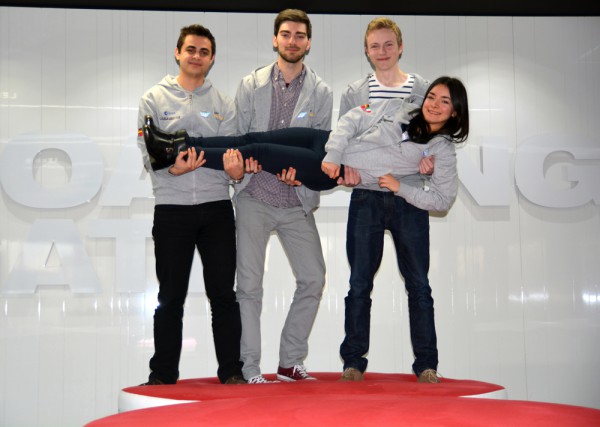

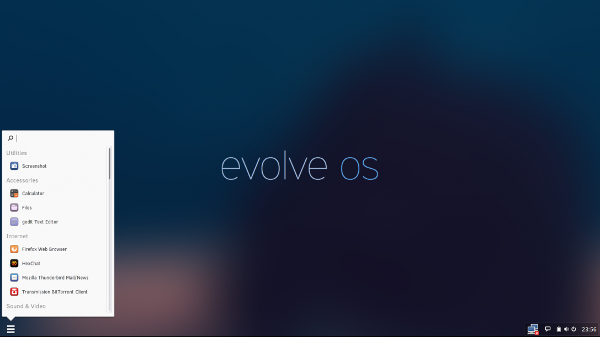
 The Free Software Foundation Europe (FSFE)
The Free Software Foundation Europe (FSFE)  Niels Thykier of the Debian release team
Niels Thykier of the Debian release team  It has been learnt today that another open source release – and it’s an unusual one: the Microsoft Office Assistant. Better known as Clippy (or even Clippit. Ed.). Clippy was included in Microsoft Office for Windows from versions 97 to 2003 inclusive, in Microsoft Publisher from versions 98 to 2003 and Microsoft Office for Mac from versions 98 to 2004.
It has been learnt today that another open source release – and it’s an unusual one: the Microsoft Office Assistant. Better known as Clippy (or even Clippit. Ed.). Clippy was included in Microsoft Office for Windows from versions 97 to 2003 inclusive, in Microsoft Publisher from versions 98 to 2003 and Microsoft Office for Mac from versions 98 to 2004. Researchers from security company
Researchers from security company  The
The 
 Today is
Today is 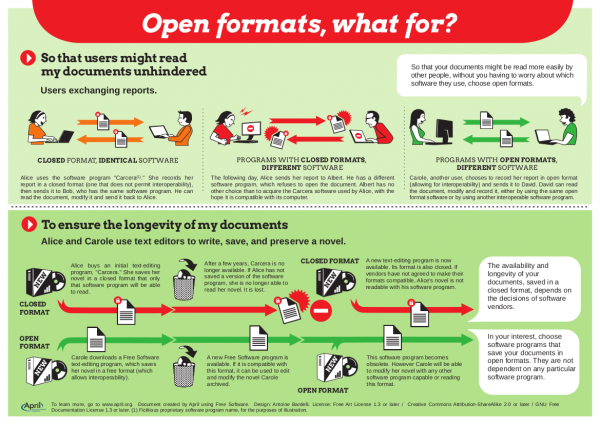
 An Origami Unicorn Challenge has been
An Origami Unicorn Challenge has been